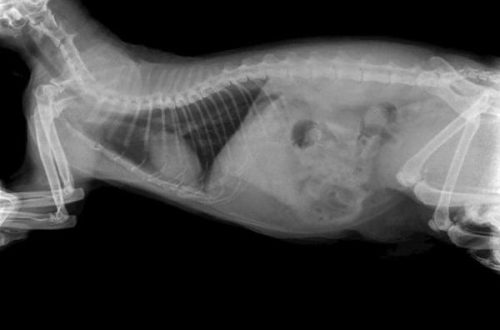
Cystitis in cats: symptoms
Cystitis is an insidious disease that occurs in cats of all breeds and ages. The success of treatment largely depends on how quickly the owner suspects the disease and takes the pet to a veterinary specialist. In this article, we list the main signs of cystitis in cats.
Some diseases have similar symptoms. So it is with cystitis: its primary signs are easily confused with urolithiasis or other diseases of the genitourinary system. Only a veterinarian can make a diagnosis. The task of the owner is to monitor the well-being of the cat and, in case of suspicion of cystitis, contact a specialist as soon as possible. Why is it so important?
In the early stages, the inflammatory process is easy to extinguish. But running cystitis will turn into a chronic form. In this case, any slight draft, temperature drop or weakening of the immune system will provoke the return of the “sore”. Fighting chronic cystitis is very difficult. It’s easier to warn him.
Primary signs of cystitis:
– frequent urination;
– thirst;
– soreness of the abdomen (the cat is not given in the hands, does not allow touching the stomach),
– attempts to attract attention, anxiety (a cat can fawn, but at the same time not allow itself to be touched).
Timely notice these signs is not as easy as we would like. They can be attributed to a slight malaise and ignored. But it is at this stage that cystitis is most easily treated. If you “skip” the symptoms, the inflammatory process will begin to intensify and the signs will become more pronounced.

Secondary signs of cystitis:
– Uncontrolled urination. The cat often runs to the tray and makes a need wherever it is necessary.
— The cat screams, trying to go to the toilet. The bladder is inflamed, and in an attempt to squeeze out at least a drop of urine, the animal experiences severe pain.
– Dark urine. With rare urination, urine stagnates in the bladder and becomes more concentrated. Its color darkens to deep amber.
– Blood and pus in the urine. With severe inflammation in the urine, drops of blood and purulent discharge may occur.
– Increased body temperature, which is always accompanied by strong inflammatory reactions.
– Painful distended abdomen.
– Lethargy, apathy.
Having noticed these signs, take your pet in an armful as soon as possible and go to the veterinary clinic. Procrastination (like self-treatment) is dangerous not only for health, but also for life.





